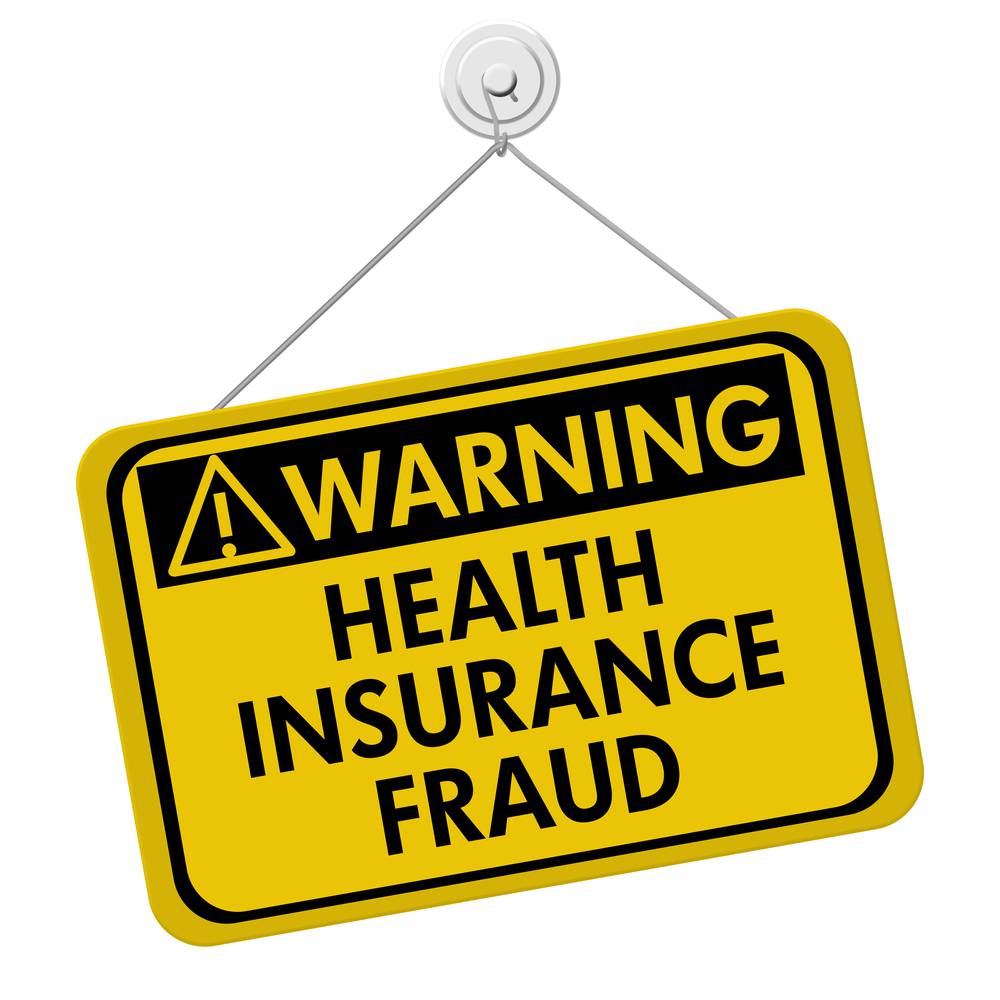Finance ,Insurance, loan ,Stock & Crypto
Trends In Health Insurance Scammers Will Make You Sick
Health insurance is a legitimate product that can help people pay for medical care. However, there are some scams that involve health insurance, so it is important to be aware of them.
- Be careful about what information you share online or over the phone. Never give out your personal information to someone who contacts you out of the blue.
- Be wary of emails and websites that promise you free or discounted health insurance. These are often scams.
Health Insurance, health ,plan , scams
Trends In Health Insurance Scammers Will Make You Sick
Health Insurance: Legitimate Product or Scam?
Health insurance is a complex product, and it can be difficult to tell whether a particular plan or offer is legitimate or a scam. However, there are some key things to keep in mind.
What is health insurance?
Health insurance is a contract between you and an insurance company. The insurance company agrees to pay for certain medical expenses, in exchange for a monthly premium. There are many different types of health insurance plans, and each plan has its own unique benefits and coverage.
How to identify health insurance scams
There are a number of red flags that can indicate that a health insurance plan or offer is a scam. Here are some things to look for:
- Unsolicited offers: Scammers often contact people out of the blue with offers for health insurance. If you receive an unsolicited offer, be wary. Legitimate insurance companies will not contact you unless you have requested information.
- Too-good-to-be-true offers: If a health insurance plan seems too good to be true, it probably is. Scammers often offer plans with very low premiums and no deductibles. However, these plans often have hidden fees or exclusions, or they may not cover the benefits you need.
- Pressure to sign up: Scammers may try to pressure you to sign up for a health insurance plan right away. They may tell you that you need to sign up now or you will lose your coverage. Legitimate insurance companies will give you time to review the plan and ask questions before you sign up.
- Requests for personal information: Scammers may ask for your Social Security number, credit card number, or other personal information. Legitimate insurance companies will not ask for this information unless you are actually signing up for a plan.
Common types of health insurance scams
There are a number of different types of health insurance scams. Here are some of the most common:
- Fake health insurance plans: Scammers may create fake health insurance plans and sell them to people. These plans are not real, and they will not cover any medical expenses.
- Medical discount plans: Medical discount plans are not health insurance. They offer discounts on certain medical services, but they do not cover the cost of all medical care. Scammers may try to sell you a medical discount plan as if it were health insurance.
- Medicare scams: Scammers may call you and claim to be from Medicare. They may try to get your Medicare number or other personal information. They may also try to sell you a fake Medicare supplement plan.
How to protect yourself from health insurance scams
There are a number of things you can do to protect yourself from health insurance scams:
- Do your research: Before you sign up for any health insurance plan, make sure to do your research. Check with your state insurance commissioner to make sure the insurance company is licensed and accredited. You can also read online reviews of different health insurance plans.
- Beware of unsolicited offers: If you receive an unsolicited offer for health insurance, be wary. Legitimate insurance companies will not contact you unless you have requested information.
- Read the fine print: Before you sign up for any health insurance plan, be sure to read the fine print carefully. Make sure you understand what is covered and what is not covered.
- Beware of pressure: Scammers may try to pressure you to sign up for a health insurance plan right away. Don't be afraid to take your time and ask questions.
If you think you may have been the victim of a health insurance scam
If you think you may have been the victim of a health insurance scam, there are a few things you can do:
- Contact your insurance company: Contact your insurance company immediately to report the scam. They may be able to help you recover your money or get the coverage you need.
- File a complaint: File a complaint with your state insurance commissioner. They can investigate the scam and take action against the scammers.
- Report the scam to the FTC: You can also report the scam to the Federal Trade Commission (FTC). The FTC can investigate the scam and take action to protect other consumers.
End of Conclusion
Health insurance is a legitimate product that can help people pay for medical care. However, there are some scams that involve health insurance, so it is important to be aware of them. By following the tips above, you can protect yourself from health insurance scams.
In addition to the above
Here are some additional tips to help you avoid health insurance scams:
- Be careful about what information you share online or over the phone. Never give out your personal information to someone who contacts you out of the blue.
- Be wary of emails and websites that promise you free or discounted health insurance. These are often scams.
- **If you are unsure about a health insurance plan
Writer
Devraj Gorai


























